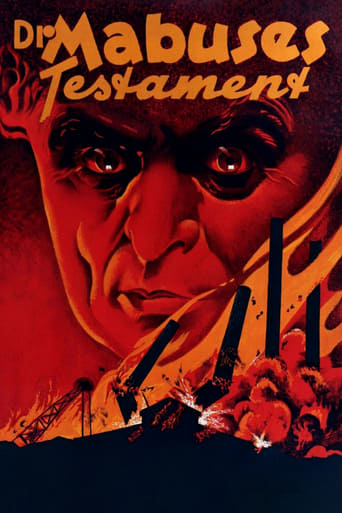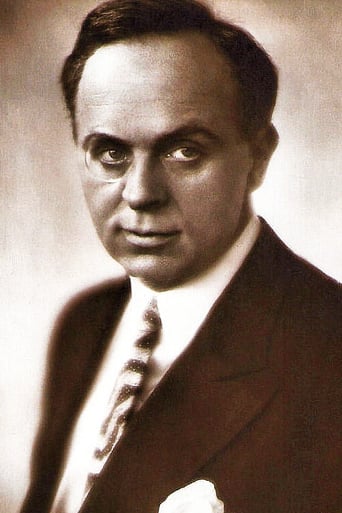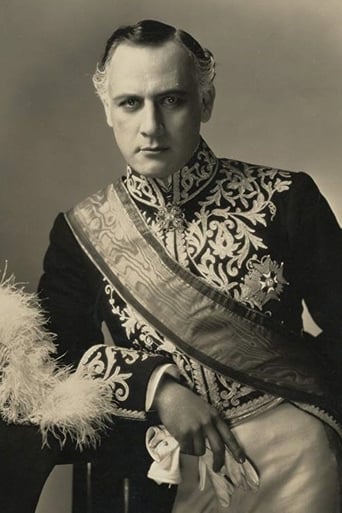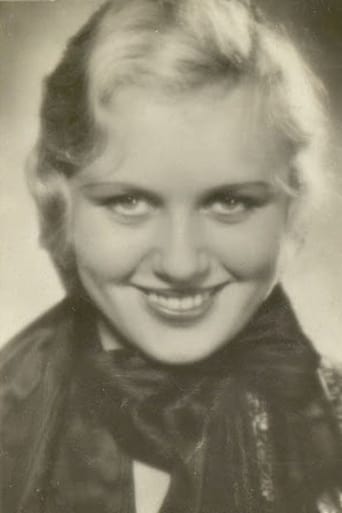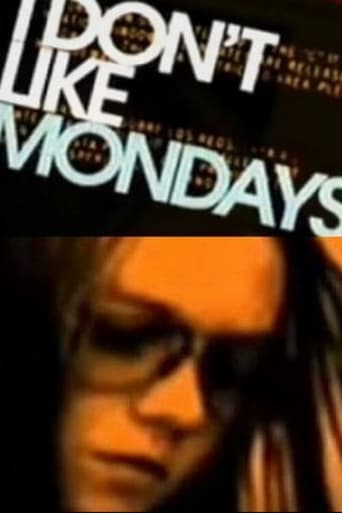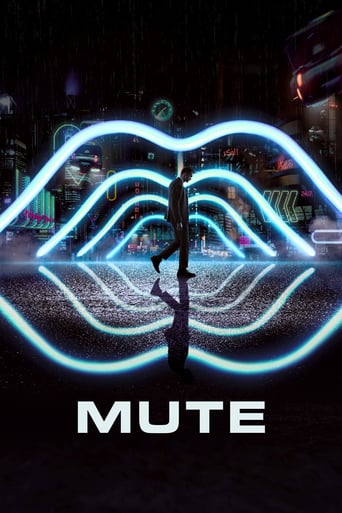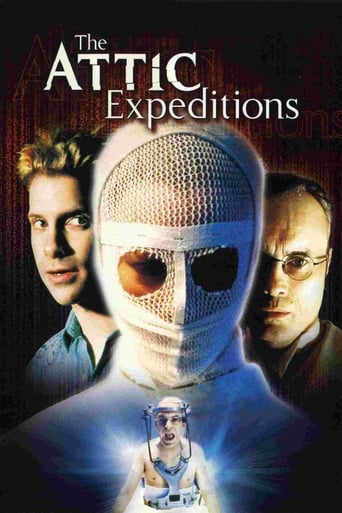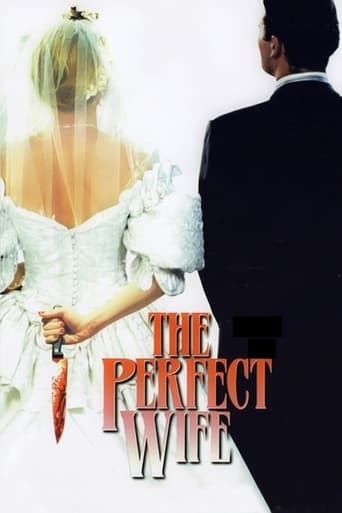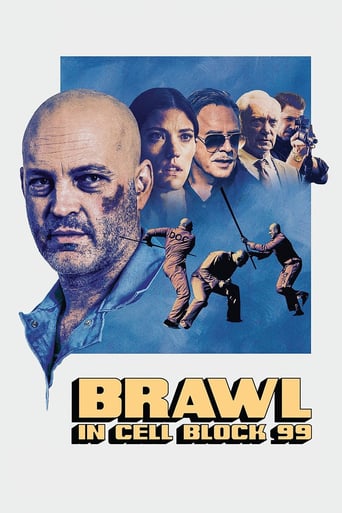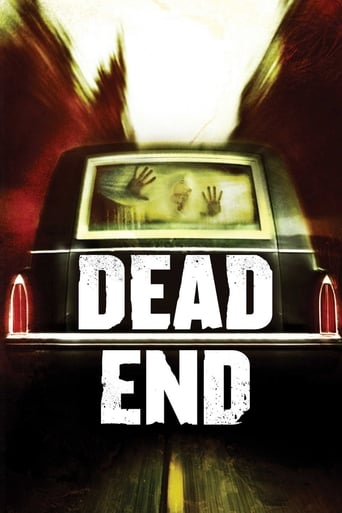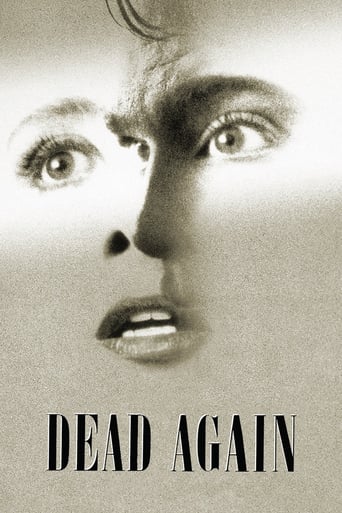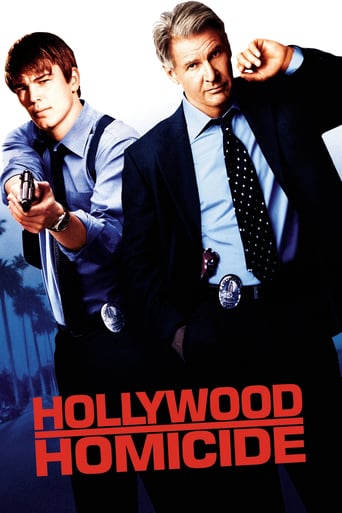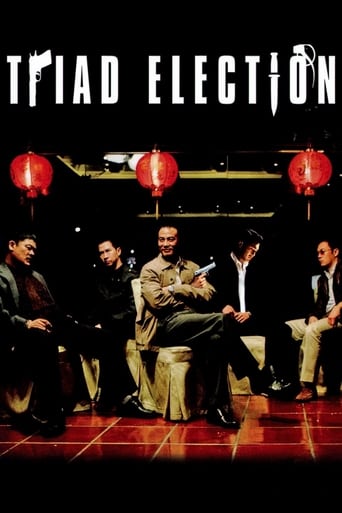The Testament of Dr. Mabuse (1943)
After a detective is assaulted by thugs and placed in an asylum run by Professor Baum, he observes the professor's preoccupation with another patient, the criminal genius Dr. Mabuse the hypnotist. When Mabuse's notes are found to be connected with a rash of recent crimes, Commissioner Lohmann must determine how Mabuse is communicating with the criminals, despite conflicting reports on the doctor's whereabouts, and capture him for good.
Watch Trailer
Free Trial Channels
Cast


Similar titles
Reviews
Very well executed
One of the worst movies I've ever seen
Best movie ever!
Through painfully honest and emotional moments, the movie becomes irresistibly relatable
A film which works on many levels - as a detective story, a supernatural thriller, Expressionist art, and lastly, as an ominous warning about those preying on man's fear to unleash chaos and disorder upon the world. That last bit was so relevant in Germany in the 1930's that it got the film banned by Joseph Goebbels, and it's still relevant today. Director Fritz Lang gives us lots of fantastic images, and the editing style which cuts to different elements which are playing out in the story feels very modern. The acting is excellent across the board, with the inspector (Otto Wernicke), asylum doctor (Oscar Beregi), and the sinister Dr. Mabuse (Rudolf Klein-Rogge) all standing out. We get clever work on the part of the police, including some early forensics, and clever work from the bad guys, including pretty cool gadgets on top of the mind control. The love story subplot is small but Gustav Diessl and Wera Liessem make the most of it, with a lovely embrace when she finds out just how much trouble he's in (but loves him anyway), and with a fantastic escape scene.The ability to control people's minds, to bend them to one's will, to force them to be obedient or to die - it has elements from other movies of the day (Dr. Fu Manchu comes to mind), but it's particularly chilling here. As Mabuse puts it, "The ultimate purpose of crime is to establish the endless empire of crime. A state of complete insecurity and anarchy, founded upon the tainted ideals of a world doomed to annihilation. When humanity, subjugated by the terror of crime, has been driven insane by fear and horror, and when chaos has become supreme law, then the time will have come for the empire of crime." This is a true villain, and Lang makes the most of the story. The pace is excellent and never drags over its two hour run time. It's a sequel of course, but stands very well on its own, and is highly entertaining.
I'm sadly not an expert on director Fritz Lang's life and wondrous film repertoire, but I read somewhere that the original 1922 "Dr. Mabuse, der Spieler" was like a metaphor for everything that went wrong in contemporary Germany, what with its decadence and corruption. Eleven years later, the Nazi party had risen to power, and the notorious (and nefarious) Joseph Goebbels single-handedly decided that the follow- up "The Testament of Dr. Mabuse" should be banned from the public. Ironically enough, the same Joseph Goebbels almost simultaneously offered Fritz Lang to become manager of the German Film Institute. According to the legends, Lang suspected that it was some kind of ambush and fled the country overnight. I don't know if the whole story is true, but it's definitely fascinating! The film itself is truly a must-see for cinema fanatics and historians, although I have to admit it is a very complex and demanding movie to watch. It's a genuine crime thriller, albeit with unmistakable horror aspects. Vile crimes are being committed all over the city and all traces lead back towards the infamous Dr. Mabuse. One minor little problem, however, Dr. Mabuse resides in a hermetically sealed off cell in a mental institution. But like his obsessive fan Dr. Baum proclaims in all his lectures, Mabuse is a true genius that even masters the art of hypnosis. Could it be that he is mind-controlling his minions all of town in order to commit his crimes? Commissioner Lohmann, the same cop who chased presumed child murderer Peter Lorre two years earlier in "M", is in charge of the investigation. Certain sequences in "The Testament of Dr. Mabuse" are incredibly tense and petrifying, like for example when the sinister doctor appears and disappears like a ghost. Other scenes, particularly the crime sequences, are very intelligent and utmost ingenious! For example, I'll probably never forget the scene where the targeted victim of a murder is driving his car and stopping at the red light. His killer, in one of the cars next to him, evokes a series of honking among all the cars in front of the red light and even the targeted victim joyously joins the honking concert. Then, with all the noise of the honking, the killer can inconspicuously pull the trigger of his shotgun and nobody noticed the loud blast. Only when the light switches back to green and all the other cars are long gone, a policeman discovers the lifeless body behind the wheel. Rudolf Klein-Rogge doesn't have a whole lot to do, in fact, but performance as the titular Dr. Mabuse still stands as one of the most legendary villainous characters of all time. The film is a technical and visual masterpiece that still also carries a lot of trademarks and atmospheric characteristics of the silent era with it. Truly unique cinematic heritage
This film was famously banned by the nazi party, and Lang beat a quick retreat from Berlin after hearing the news. To some extent we can see why -- the film depicts a criminal gang, run by a ruthless maniac who wants to use industrial terrorism to strike fear into the population and ultimately gain control. Sounds familiar? I guess Goebbels thought so too.It's an interesting film, poised as it is partway between his silent career and his future talking film career in America. The film features a recurring character (Commissioner Lohmann) from his previous masterwork "M", and also the same kind of fascination with technology that was present in the first "Mabuse" film and in "Spies" and "Metropolis." This would show up less frequently in his American films, but "Cloak and Dagger" certainly is brethren to this film. It also features some really startling car chases that are a more elaborate version of what he had done in "Metropolis." Some of his expressionist devices are quite startling, especially Mabuse as a ghost with his huge pale eyes, and the way Dr. Kramm's (Theodor Loos) head is framed against the rushing trees almost looks as if we're seeing inside the fabric of his brain. The film also shows up Lang's weaknesses, specifically his inability to make the "heroic" characters in the film convincing or two- dimensional. Gustav Diessl is barely adequate as Tom Kent, whose name is as dull and straightforward as his character, and Wera Liessem's Lilli, the love interest, is a study in poor acting and stale characterization. But the film's a winner, because even all these many years later you are sure to see something that you've never seen before in a film. Lang's visual sensibility and his excellent editing move the film forward like a mack truck. Klein-Rogge is as chilling and otherworldly as ever, and his criminal madman in an asylum was surely an inspiration for many future film villains right up to the present day (some of his lines of dialog were clearly lifted for Nolan's "Dark Knight"). I think the film is slightly unbalanced by the policeman (Otto Wernicke) being given more screen time than either Mabuse or the ostensible hero of the film, but why quibble? It's stood the test of time and will surely be thrilling people when a lot of the big blockbusters of our day have been forgotten.
Could Dr. Mabuse, long confined to an asylum for the criminally insane, also be the mysterious mastermind whose gang is terrorizing the city? Inspector Lohmann is determined to find out in a visually startling, Expressionistic thriller that unspools like a cliffhanging serial. Director Fritz Lang's uniquely Teutonic vision blends Gothic horror with tabloid crime and the megalomaniacal Dr. Mabuse is another kind of genius ...as in the anti-Christ. His plans for the human race include global chaos via an "empire of crime" -in other words, evil for evil's sake, an anarchistic philosophy worthy of the Marquis De Sade. It's also a death wish in mankind's collective subconscious and a potent prism that can be played for laughs as in John Waters' FEMALE TROUBLE where "crime is beauty" or as an all-too-real phenomenon like Charles Manson's "Helter Skelter". The film was banned in Nazi Germany (what were they afraid of?) and has the kind of diabolical villainy that never goes out of style. It's also a (not too) distant relative of the German krimi and possibly James Bond. Highly recommended.

